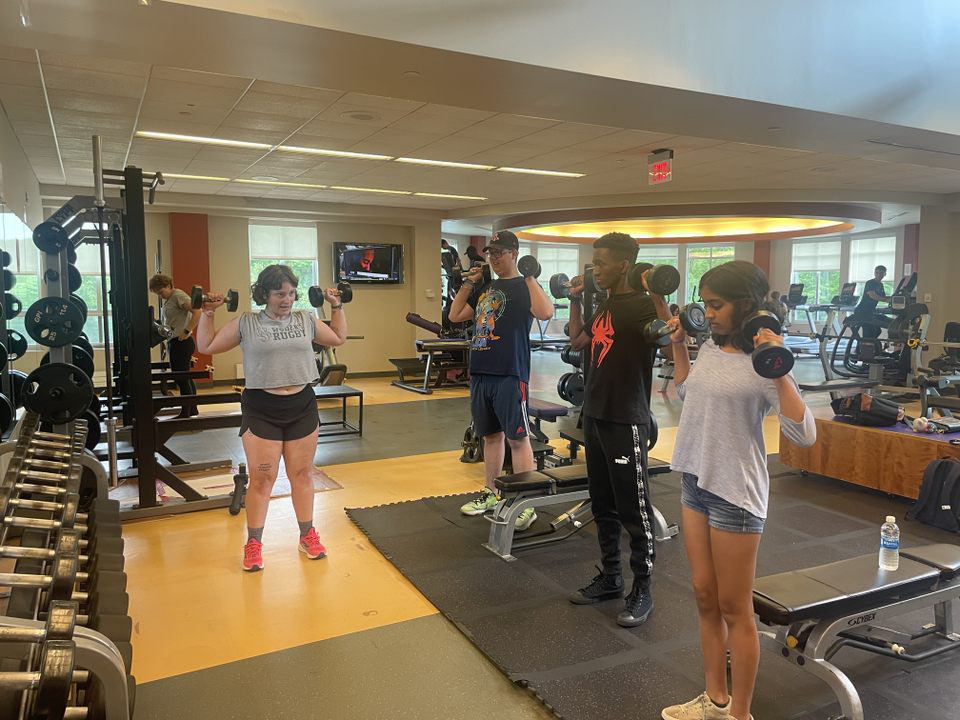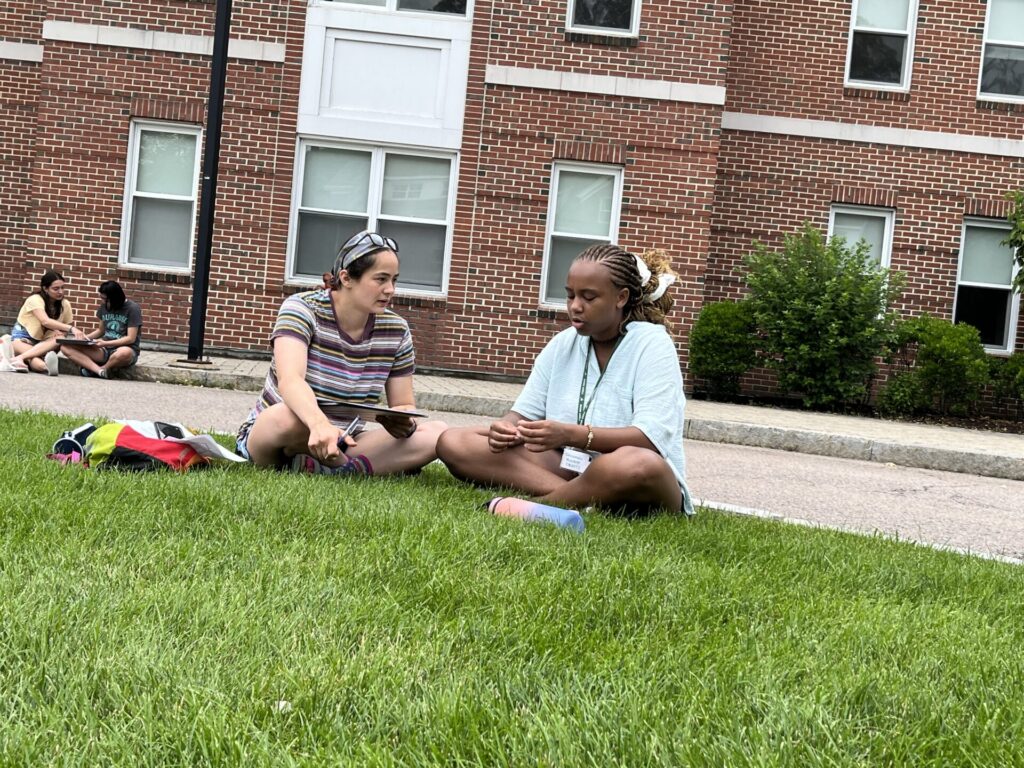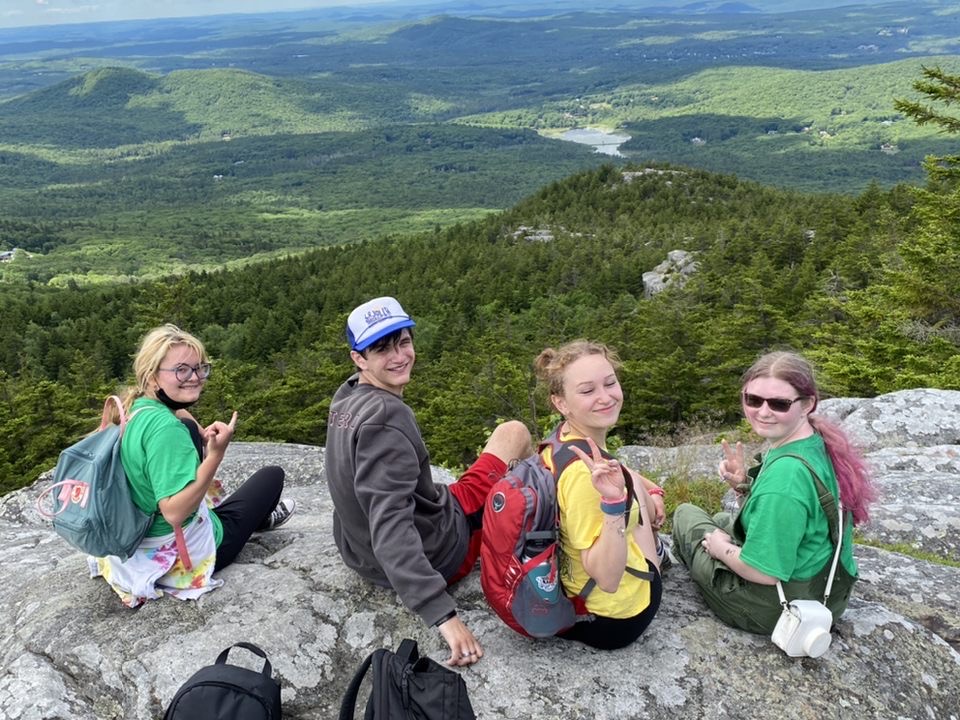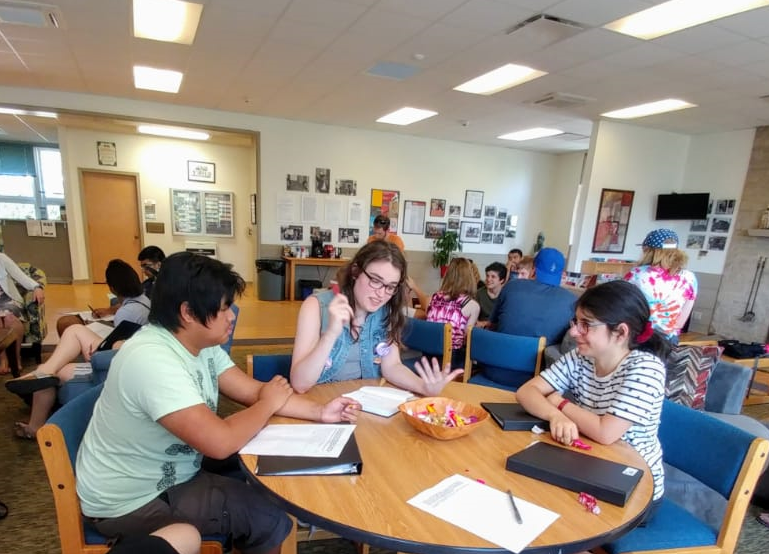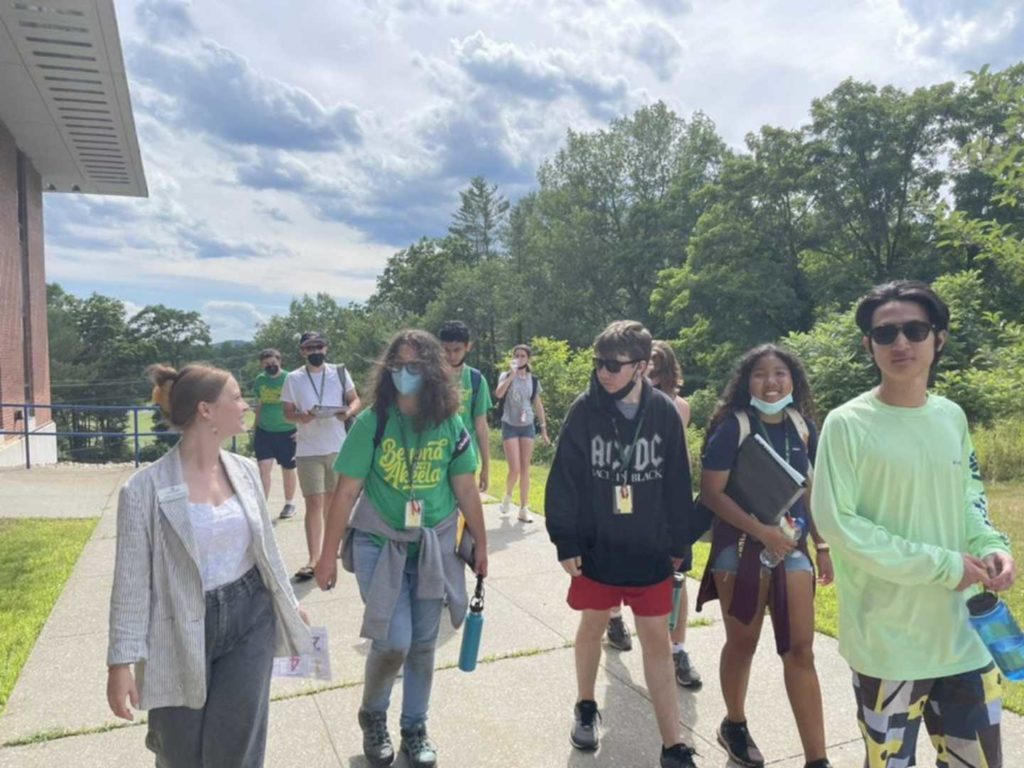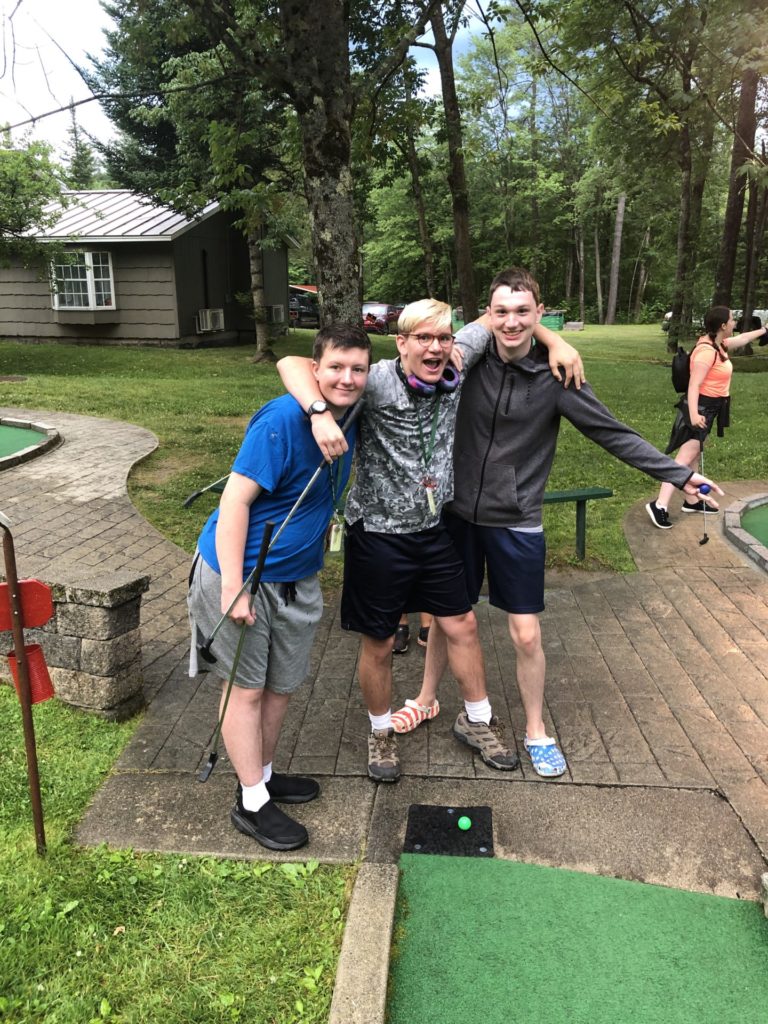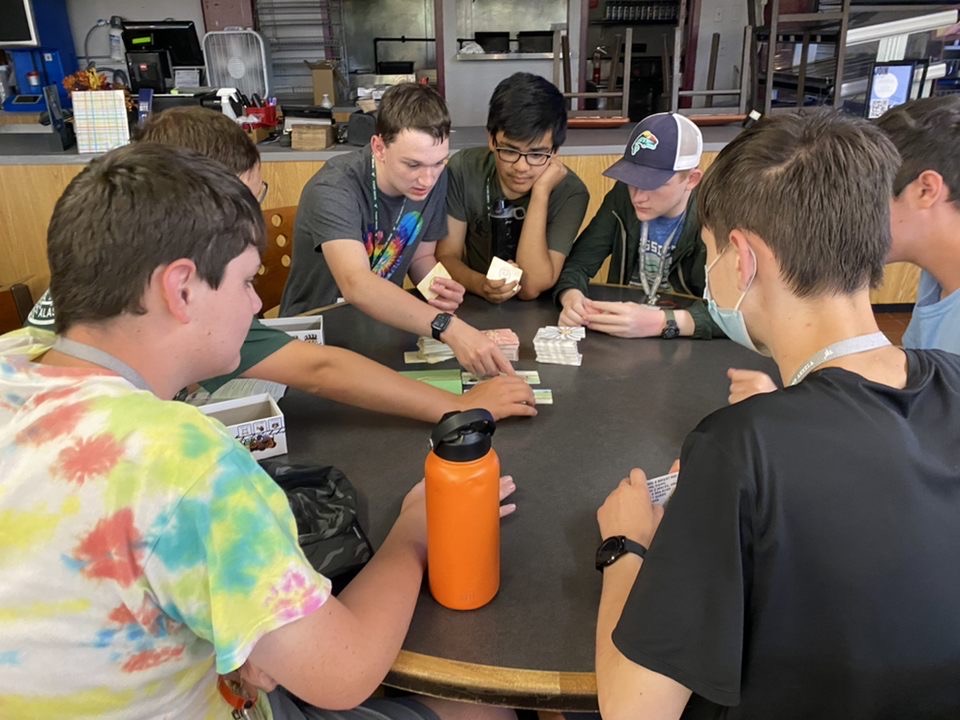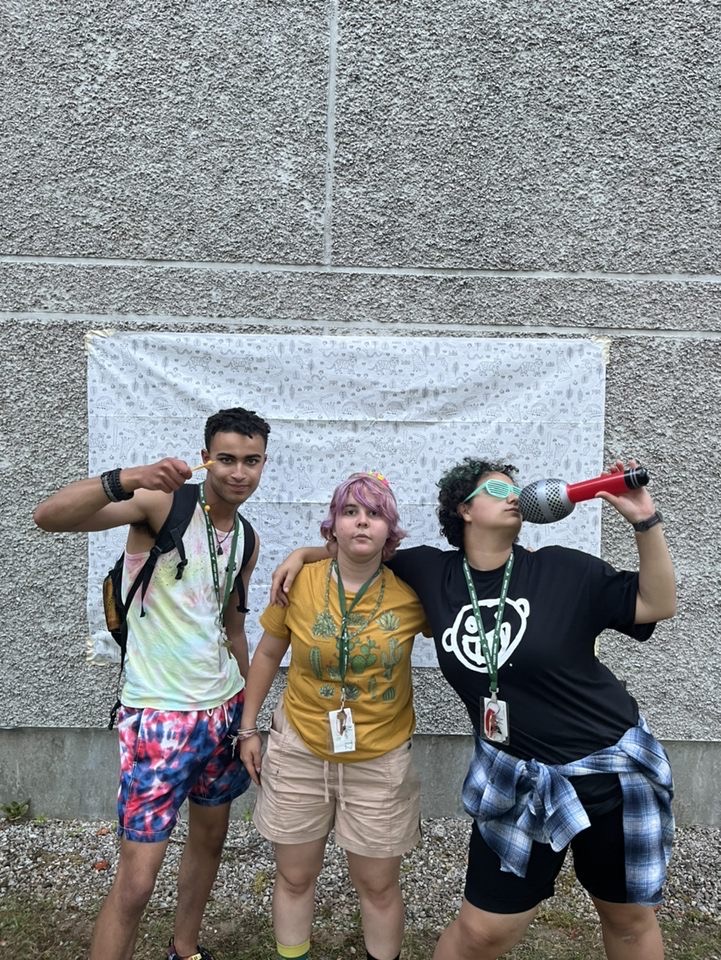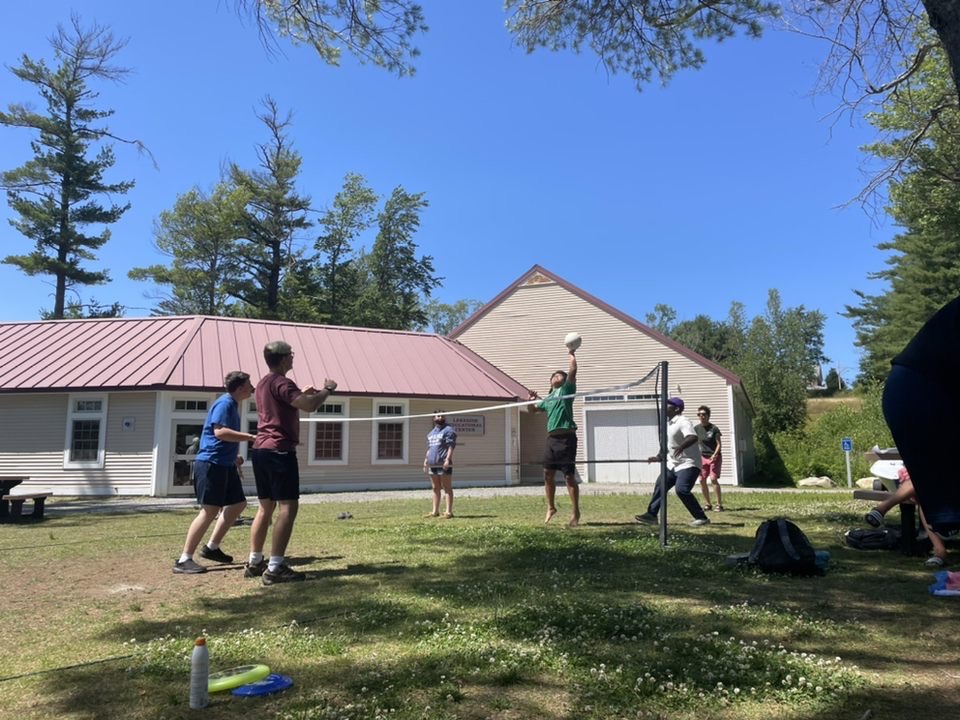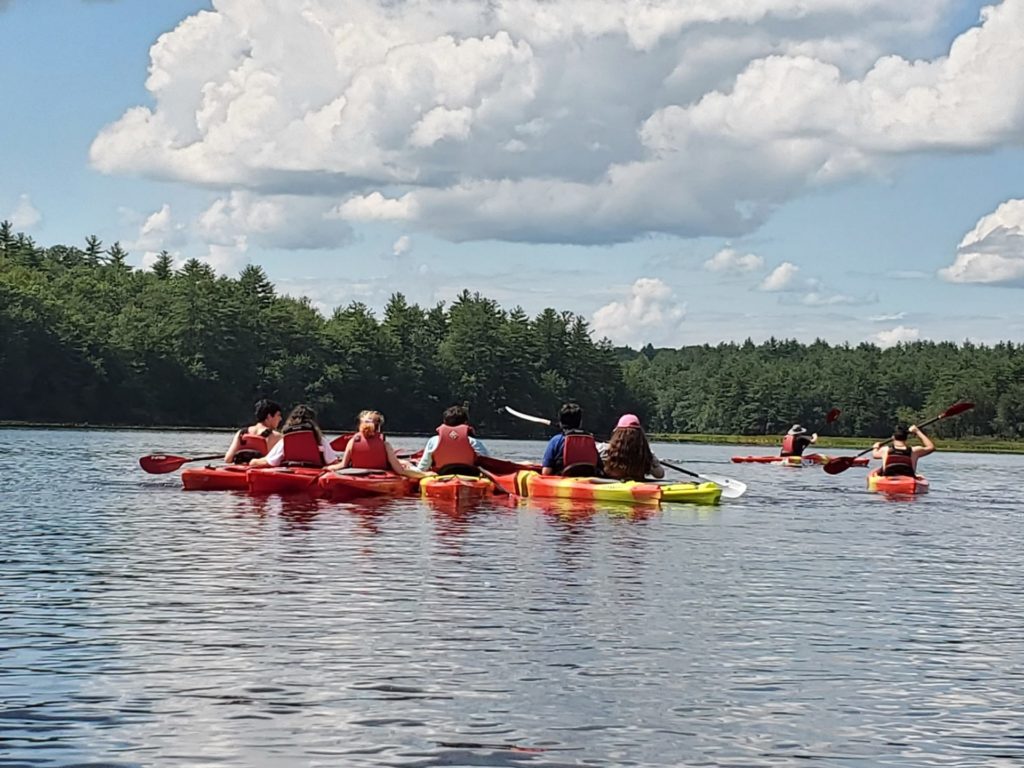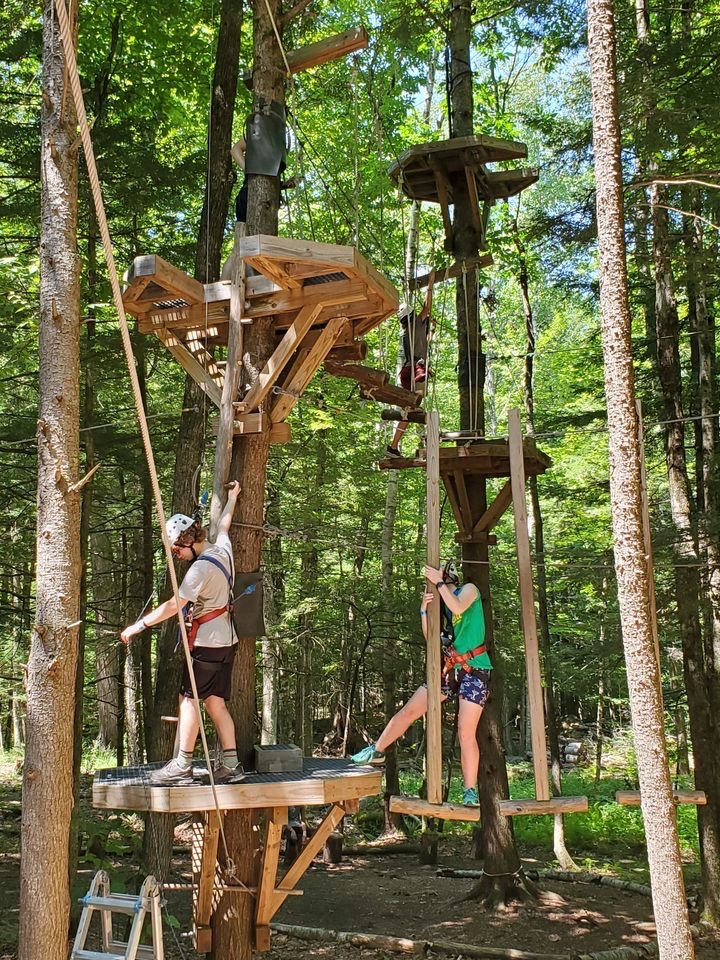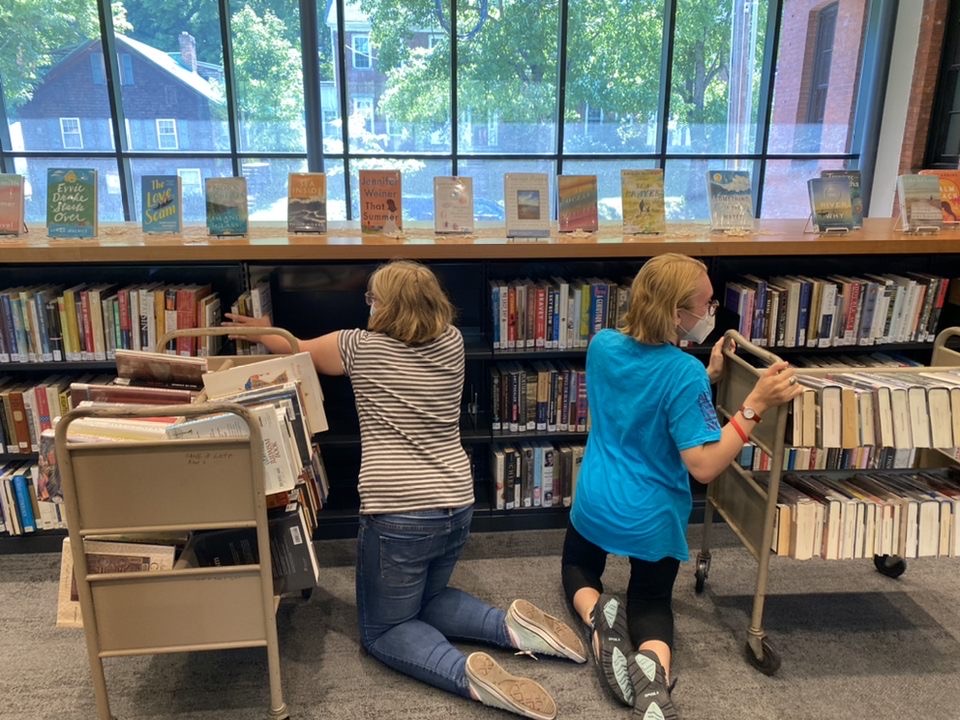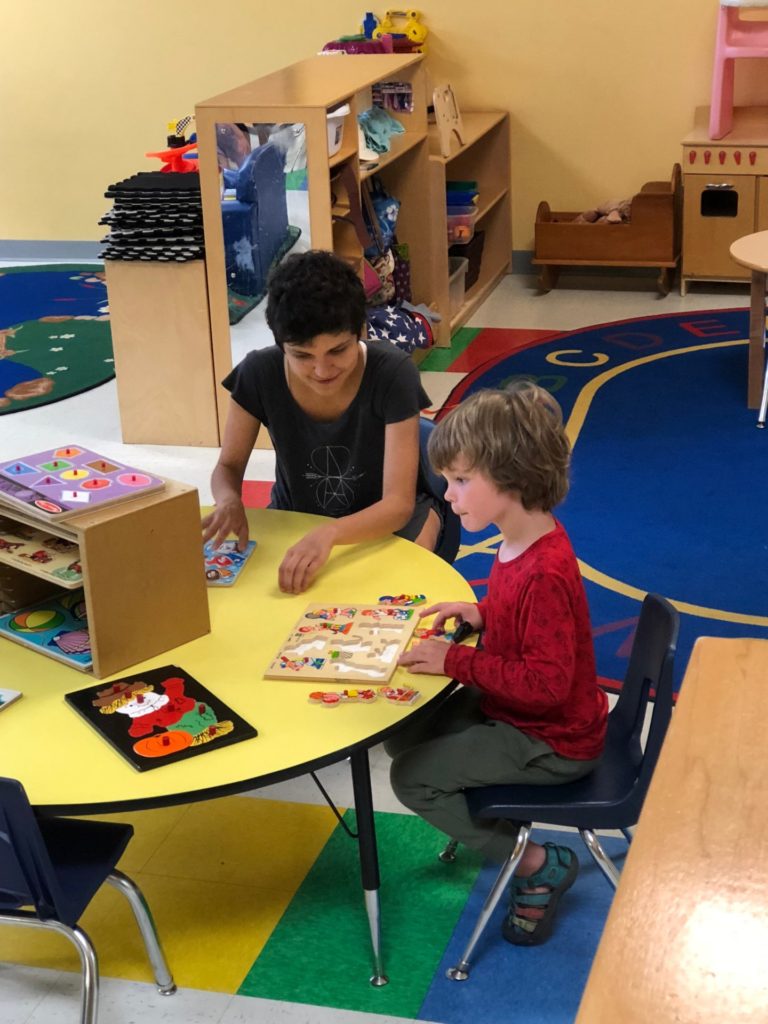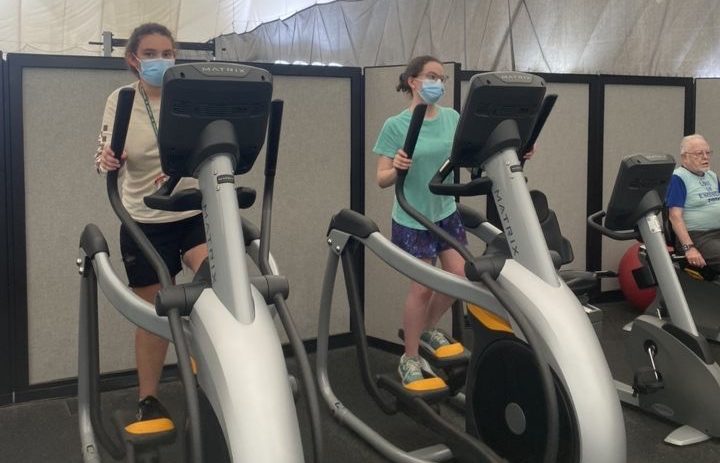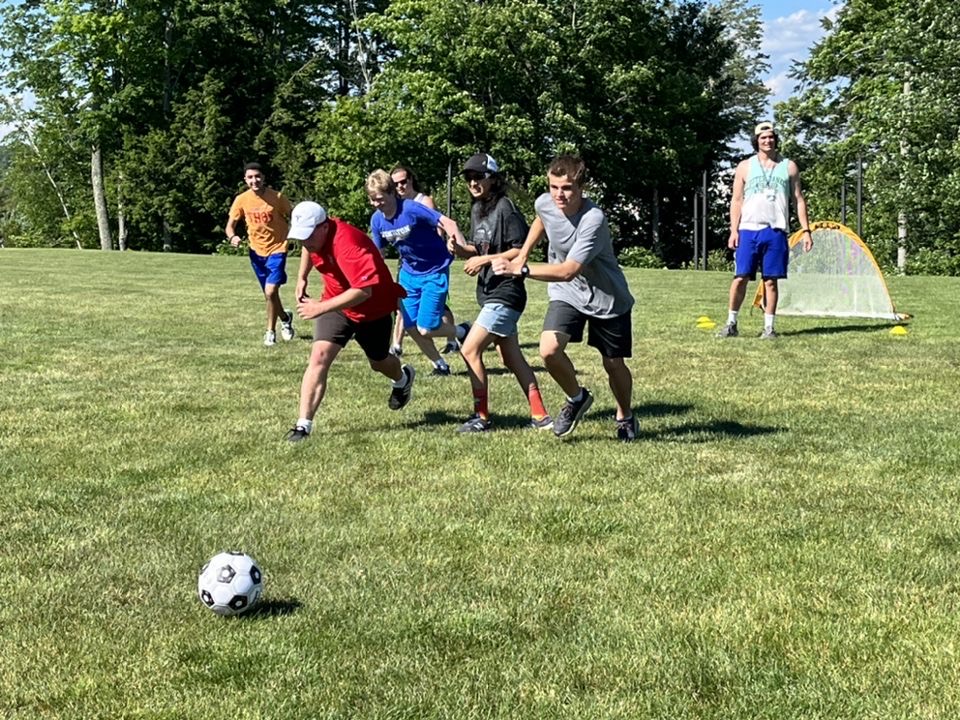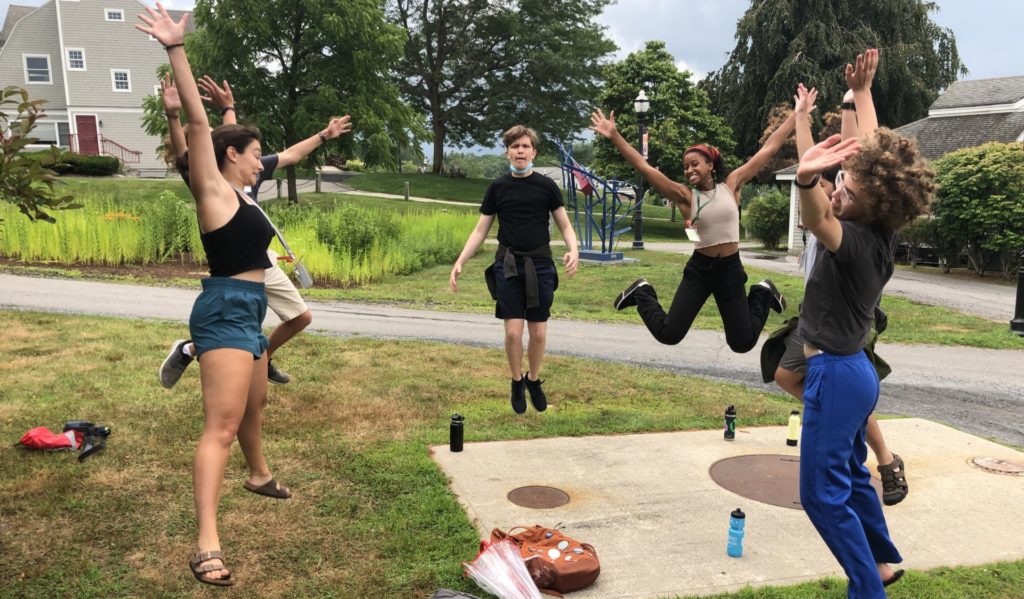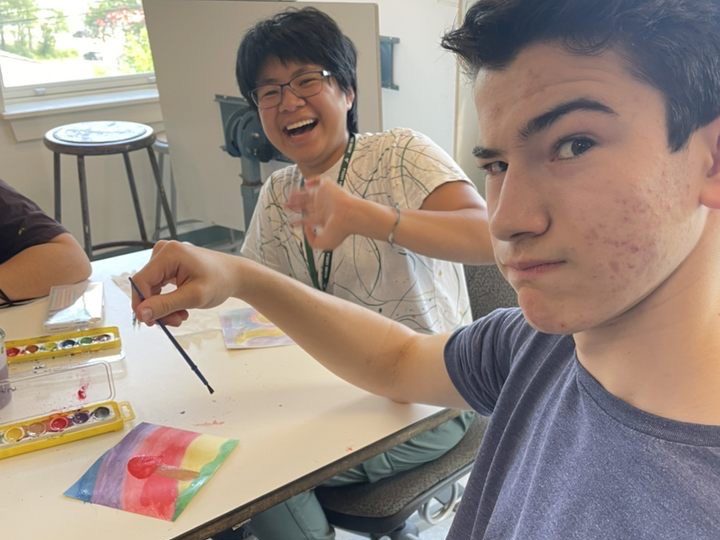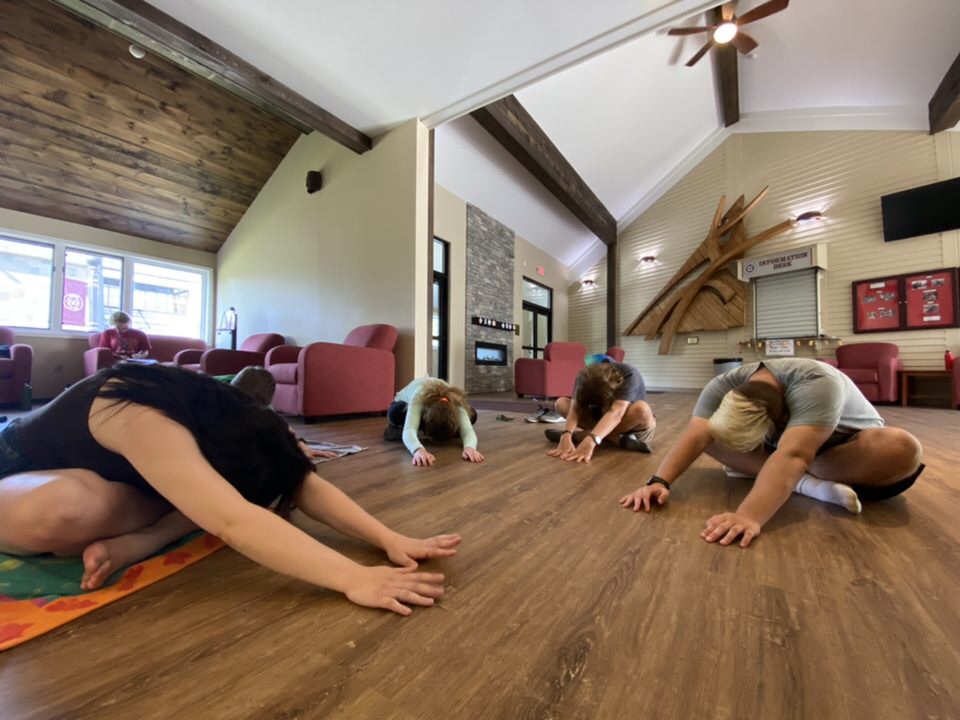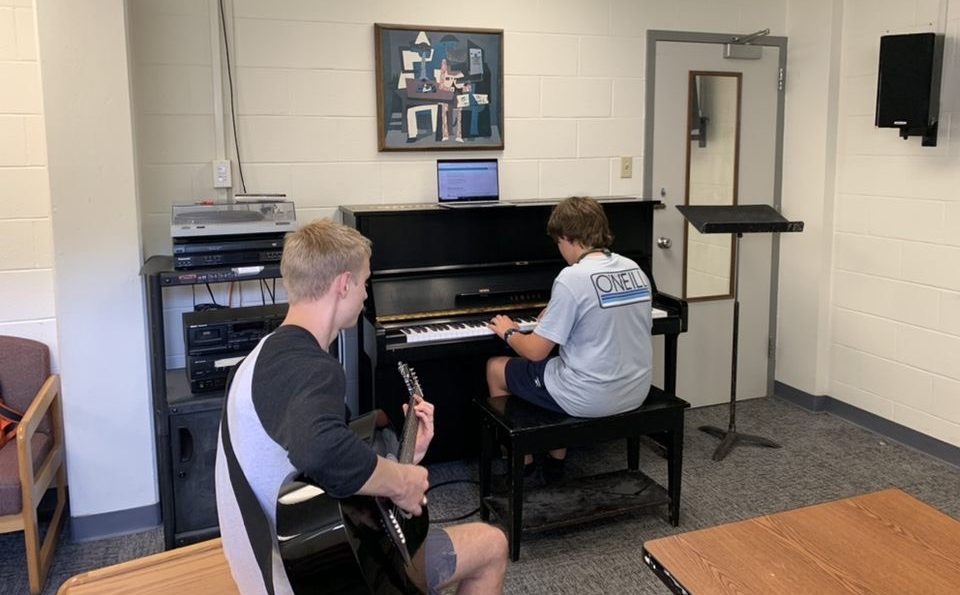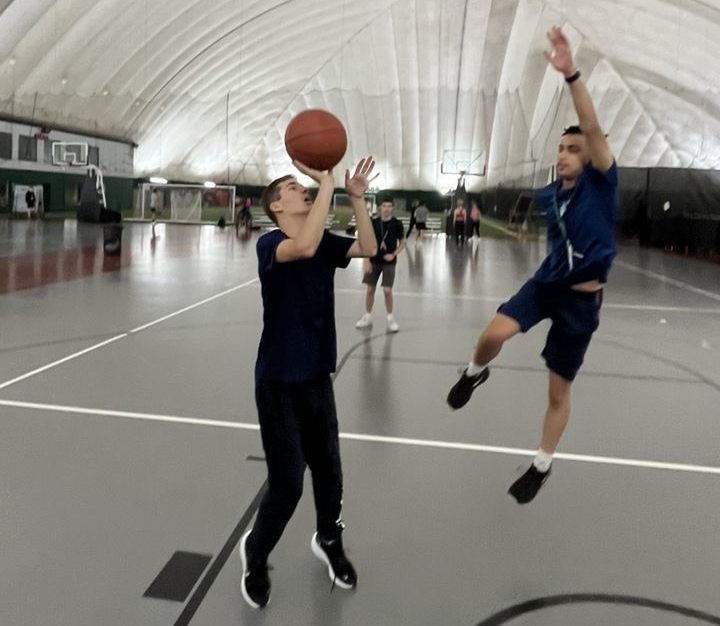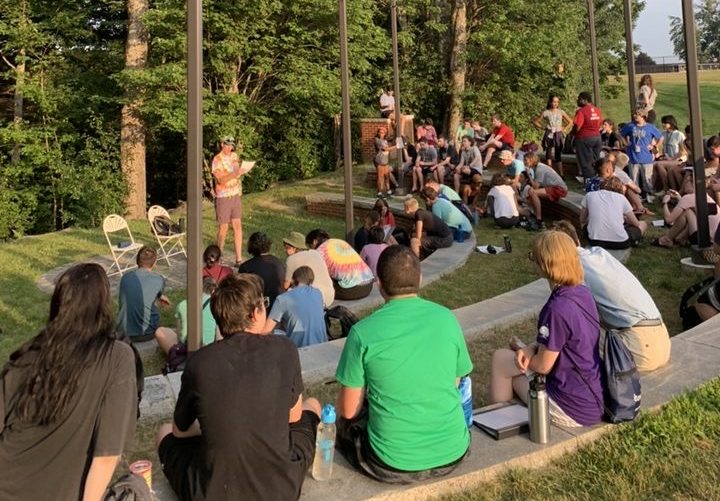For young girls on the autism spectrum, the world can feel like a kaleidoscope of confusion and contradiction. They possess incredible brilliance, a vibrant tapestry of unique interests and perspectives. Yet, navigating the intricate dance of social interaction often demands a painful sacrifice – masking. They contort their natural expressions, suppress their passions, and mimic neurotypical behaviors, all in an attempt to blend in, to be accepted. This article delves into the intricate world of masking in girls with ASD and shines a light on social skills camps specifically designed for them, spaces where masks fall away and authentic connections bloom.
Beyond the Facade: Understanding the Complexities of Masking
Imagine a young girl whose eyes light up at the mention of constellations, her mind brimming with facts about distant galaxies. But in the schoolyard, she whispers her passion, fearing the teasing gazes of her peers. This is the reality of masking for many girls with ASD. They master the art of camouflaging their autistic traits – stimming behaviors, intense interests, and sensory sensitivities – in an effort to conform to societal expectations.
Why do girls on the autism spectrum mask?
- Social Survival: They perceive masking as a necessary tool for social survival, a shield against potential rejection and isolation.
- Internalized Norms: Societal messages that equate “different” with “wrong” fuel their desire to fit in, leading them to internalize neurotypical norms.
- Emotional Regulation: Masking can be a coping mechanism for managing anxiety and overwhelm in social situations.
But the cost of masking is high. It stifles their authentic selves, fuels anxiety and depression, and hinders their ability to build genuine connections.
A Sanctuary of Acceptance: Where Social Skills Camps Make a Difference
Imagine a space where a girl can openly discuss her fascinations without fear of judgment. Where sensory sensitivities are understood and accommodated, and where friendships blossom based on shared experiences and genuine connection. This is the transformative power of social skills camps designed specifically for teens with ASD.
These camps offer a unique haven:
- Belonging & Acceptance: Surrounded by peers who share similar experiences and supportive staff, girls shed their masks and embrace their authentic selves. They feel accepted and celebrated for their unique strengths and quirks.
- Building Bridges of Friendship: The opportunity to connect with other girls who “get it” is invaluable. Camp fosters a sense of belonging and empowers them to navigate the social world with confidence.
- Tailored Skill Development: Through engaging activities and workshops, girls learn and practice social skills in a safe, supportive environment. They gain confidence in initiating conversations, advocating for their needs, and managing social anxieties.
- Unlocking Passions & Understanding Sensitivities: Camp activities cater to the unique interests of each girl, providing a platform for exploration and self-discovery. Sensory sensitivities are acknowledged and accommodated, creating a comfortable and inclusive environment.
Check ou this study that helps validate the power of these camps:
- A study by Kasari et al. (2012) found significant improvements in social communication skills and emotional regulation in autistic children attending social skills groups.
These findings underscore the potential of social skills camps to empower young girls with ASD, equipping them with the tools and confidence to navigate social interactions authentically and build fulfilling relationships.
Building a Ripple Effect of Acceptance
Creating a world where girls with ASD can thrive requires a ripple effect of acceptance. Beyond the transformative experiences of camp, their journey needs continued support:
- Empowering Families: Equipping families with an understanding of masking and its impact empowers them to advocate for their daughters and create supportive home environments.
- Inclusive Schools: Collaborative efforts between families, educators, and mental health professionals can create inclusive and supportive school environments that celebrate neurodiversity.
- Community Awareness: Raising awareness about masking in girls with ASD within communities combats stigma, fosters acceptance, and creates opportunities for understanding and inclusion.
Beyond Akeela Camp Empowers Girls to Shine
Imagine a future where young girls with autism, free from the constraints of masking, confidently share their brilliance with the world. You can be part of making this vision a reality. Social Skills and College Transition Camps for Girls with Autism provide transformative experiences that empower these incredible young women to shed their masks and embrace their authentic selves.
Beyond Akeela is more than just a camp; it’s a catalyst for change. With our unique blend of social skills development, college transition preparation, and celebration of individual strengths, we create a ripple effect of empowerment that extends far beyond the campgrounds.


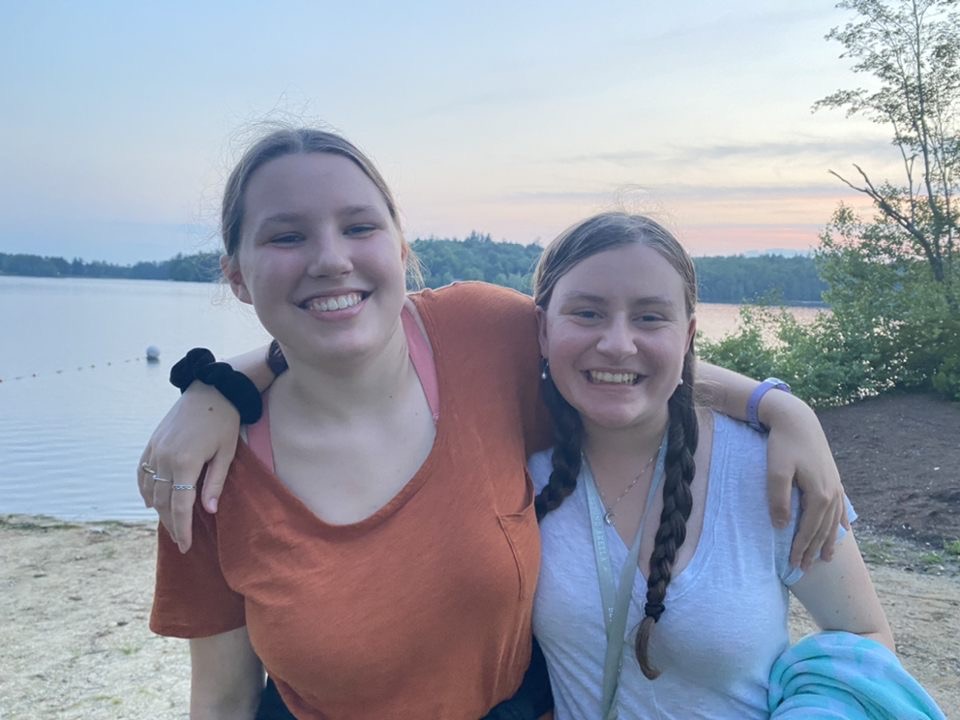 Traditionally, autism has been associated with boys, leading to girls frequently being overlooked or misdiagnosed. One of the striking aspects of autism is the often delayed diagnosis in teenage girls. The reasons behind this phenomenon are multifaceted. They contribute to a lack of understanding of the differences between how autism typically affects males and females.
Traditionally, autism has been associated with boys, leading to girls frequently being overlooked or misdiagnosed. One of the striking aspects of autism is the often delayed diagnosis in teenage girls. The reasons behind this phenomenon are multifaceted. They contribute to a lack of understanding of the differences between how autism typically affects males and females.
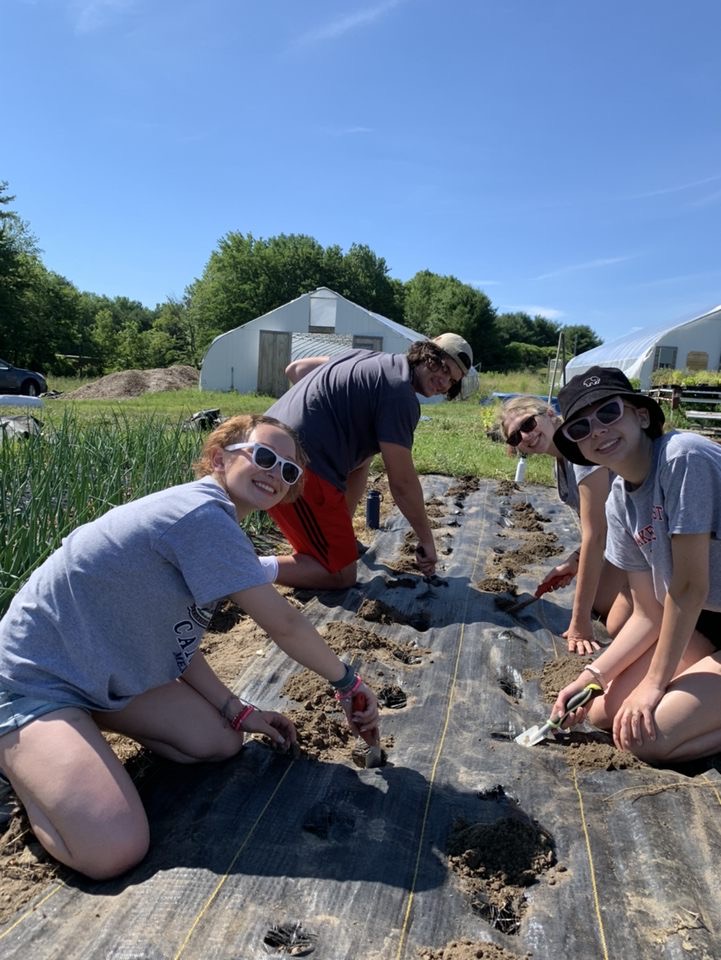 Recognizing the unique needs of teenage girls with autism is the first step towards providing them with the support and opportunities they deserve. Summer programs tailored to the specific challenges faced by girls on the spectrum can be instrumental in fostering their growth and development.
Recognizing the unique needs of teenage girls with autism is the first step towards providing them with the support and opportunities they deserve. Summer programs tailored to the specific challenges faced by girls on the spectrum can be instrumental in fostering their growth and development.